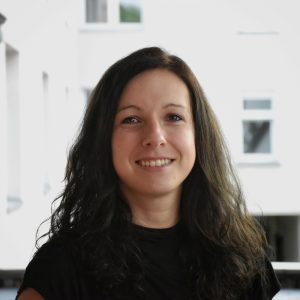
Ribana Roscher is currently an Assistant Professor of Remote Sensing at the Institute of Geodesy and Geoinformation, University of Bonn, Germany. She received the Dipl.-Ing. and Ph.D. degrees in Geodesy from the University of Bonn, Germany, in 2008 and 2012, respectively. Until 2015, she was a postdoctoral researcher at the University of Bonn, the Julius Kühn Institute, Siebeldingen, the Freie Universität Berlin, and Humboldt-Innovation, Berlin. In 2015 and 2018, she was a visiting researcher at the Fields Institute, Toronto, Canada, and the UCLA Institute for Pure & Applied Mathematics, Los Angeles, USA. Her research includes pattern recognition and machine learning for remote sensing data analysis, especially applications from agricultural and environmental sciences. A particular methodological focus is on explainable machine learning.
Deep generative models are neural networks that are capable of learning complex data distributions and have therefore achieved tremendous success in recent years. In general, they can be used for a variety of applications such as anomaly detection, current state estimation, and forecasting, where some recent work is covered in this presentation. Specifically, we look at generative approaches and how they can be used in agriculture for disease detection, as an image-based plant growth model, and as estimators of plant parts behind occlusions.